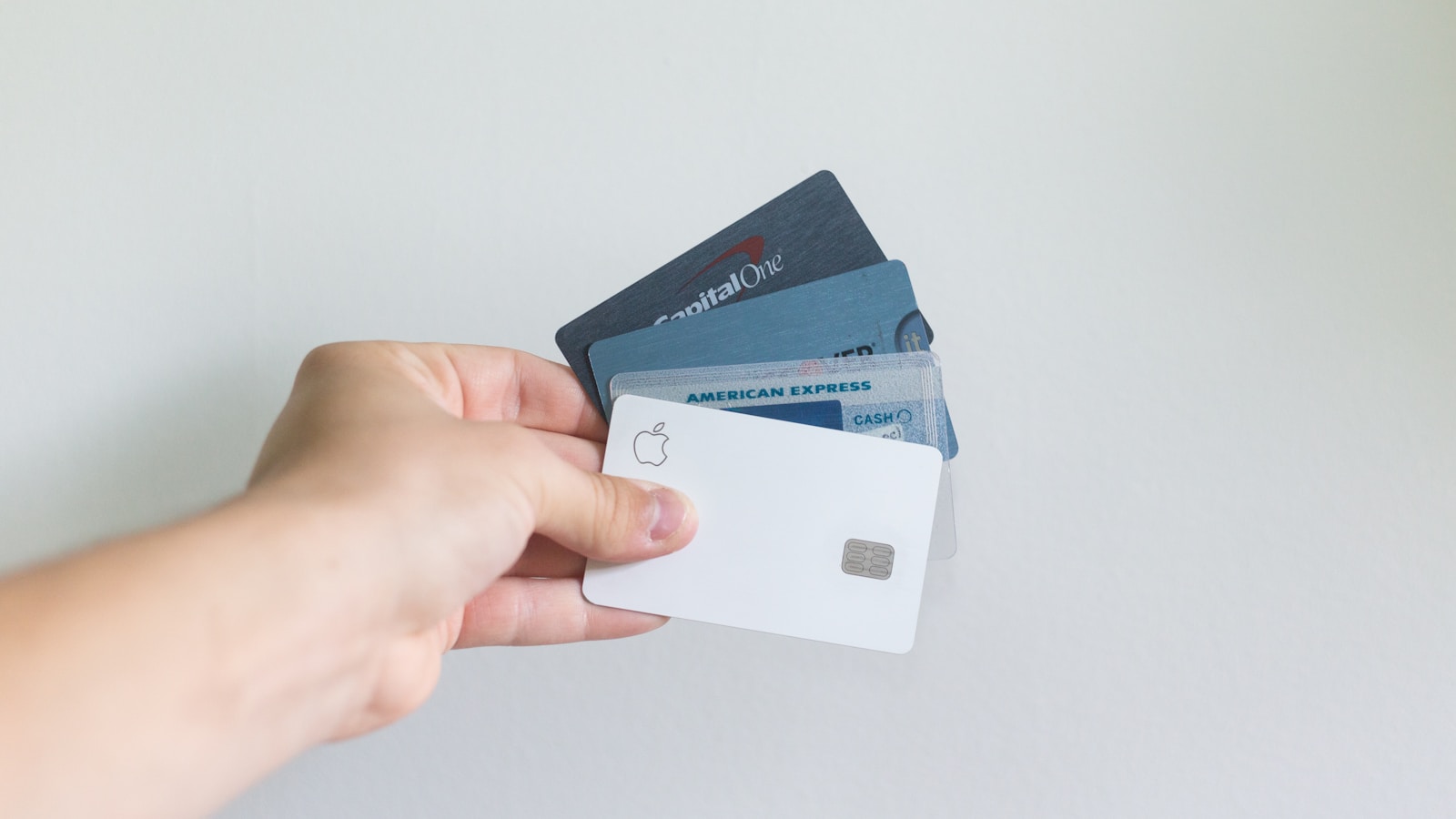Whether you’re just starting out or trying to bounce back from a dip in your score, building credit fast is possible—if you focus on the right steps. While credit improvement isn’t instant, there are proven ways to accelerate your progress and lay the groundwork for long-term financial health.
Why Credit Matters More Than Ever
Your credit score influences nearly every major financial decision in your life—mortgages, auto loans, credit cards, rental applications, and even job opportunities. Lenders, landlords, and insurers all use it as a measure of trustworthiness. That score comes from your credit report, which is maintained by the three major bureaus: Equifax, Experian, and TransUnion.
Fast credit building starts with understanding how the system works—and using that knowledge to your advantage.
Key Strategies to Build Credit Fast
1. Pay Every Bill On Time—No Exceptions
Payment history is the single biggest factor in your credit score. Set up automatic payments or reminders to avoid missed due dates. Even utility bills or missed phone payments can hurt if they go to collections.
2. Lower Your Credit Utilization
Credit utilization refers to how much of your available credit you’re using. Keep this under 30%, and ideally under 10%, for the best results. If your current balances are high, paying them down is one of the fastest ways to raise your score.
3. Request a Credit Limit Increase
If you’ve been using your credit card responsibly for at least 6 months, you may be eligible for a higher credit limit. This can lower your credit utilization ratio instantly—without adding new debt.
4. Dispute Inaccuracies on Your Credit Reports
According to the FTC, one in five Americans has an error on at least one credit report. Check your reports at AnnualCreditReport.com, and dispute any incorrect late payments, outdated accounts, or fraudulent activity. A successful dispute can boost your score within 30–60 days.
5. Become an Authorized User
Ask a trusted family member or friend to add you as an authorized user on their credit card. You’ll benefit from their positive payment history and low credit utilization, even if you don’t use the card yourself. This is one of the fastest hacks for boosting a thin credit file.
6. Open a Secured Credit Card
These cards require a refundable deposit and are designed for people with no or low credit. Most issuers report to all three credit bureaus, and with responsible use, you can qualify for unsecured cards in less than a year.
7. Use Credit-Builder Loans
Offered by credit unions and fintechs like Self and CreditStrong, these loans work by holding the borrowed funds in a locked savings account until you’ve made all the payments. Every payment is reported to the bureaus, helping you build payment history and savings at the same time.
8. Use Experian Boost or Rent Reporting Services
Experian Boost allows you to add utility and phone payments to your credit file. Similarly, services like RentReporters or CreditMyRent can report your rent history—useful for those without traditional credit lines.
Tools and Apps to Help You Build Credit Faster
- Self – Offers credit-builder loans with monthly reporting.
- Kikoff – Gives users a revolving line of credit that reports to the bureaus.
- Experian Boost – Adds positive utility and phone payments to your Experian report.
- Chime Credit Builder Card – A secured card with no fees and built-in auto-pay features.
- Grow Credit – Helps users build credit by paying subscription services like Netflix or Hulu.
What to Avoid When Trying to Build Credit Fast
- Opening Too Many Accounts at Once: Each hard inquiry can lower your score temporarily.
- Closing Old Credit Cards: This shortens your credit history and increases your utilization ratio.
- Carrying High Balances: Even if you pay them off monthly, large balances can hurt your score during the reporting cycle.
- Missing Minimum Payments: One missed payment can damage your score for months.
Final Word
While there’s no magic trick to building credit overnight, the right combination of strategy, consistency, and smart tools can produce real improvements in as little as 30 to 90 days. Focus on small wins—on-time payments, low balances, and credit mix—and watch your credit grow steadily.
Fast credit building is about doing the basics better, faster, and more deliberately than most people do. If you stick to the plan, that three-digit number will reward you sooner than you might expect.
Key Takeaways
- Timely payments and low credit utilization are fundamental to credit building
- Becoming an authorized user can leverage someone else’s good credit history
- Regular monitoring and addressing errors can lead to quicker credit improvements
Building a Solid Credit Foundation
Establishing a strong credit foundation requires understanding key components and practices. This involves knowing how credit scores work, the role of credit bureaus, and the importance of payment history and credit utilization.
Understanding Credit Scores and Reports
Credit scores are numerical representations of creditworthiness. The most common types are FICO scores and VantageScores, typically ranging from 300 to 850. Higher scores indicate better creditworthiness.
Credit reports contain detailed information about an individual’s credit history. These reports include data on credit accounts, payment history, and public records. Consumers can obtain free credit reports annually from AnnualCreditReport.com.
Credit scores are calculated using information from credit reports. Factors that influence scores include payment history, credit utilization, length of credit history, types of credit accounts, and recent credit inquiries.
The Role of Credit Bureaus in Credit Scoring
The three main credit bureaus in the United States are Experian, Equifax, and TransUnion. These agencies collect and maintain consumer credit information.
Credit bureaus receive data from lenders and creditors about consumer accounts and payment behavior. They use this information to create credit reports and calculate credit scores.
Each bureau may have slightly different information, resulting in variations in credit scores across agencies. Lenders often check reports from multiple bureaus when making credit decisions.
Importance of Payment History and Credit Utilization
Payment history is the most significant factor in credit scoring, accounting for about 35% of a FICO score. Consistently paying bills on time helps build a positive credit history.
Late payments, collections, and bankruptcies can negatively impact credit scores. The effect of negative items typically diminishes over time if good credit habits are maintained.
Credit utilization is the second most important factor, making up about 30% of a FICO score. It represents the amount of available credit being used. Experts recommend keeping utilization below 30% for better scores.
Keeping credit card balances low and making regular payments can help improve credit utilization ratios. Opening new credit accounts can increase available credit, potentially lowering utilization.
Effective Strategies to Enhance Credit Quickly
Building credit fast requires a strategic approach and consistent effort. The following methods can help improve credit scores rapidly when implemented correctly.
Leveraging Credit Builder Products
Credit-builder loans are designed specifically to help establish or improve credit. These loans work differently from traditional loans. The borrowed amount is held in a savings account while you make payments, building positive payment history.
Secured credit cards are another effective tool. They require a cash deposit that typically becomes your credit limit. This deposit reduces the risk for issuers, making these cards easier to qualify for with less-than-perfect credit.
Becoming an authorized user on someone else’s credit card account can also boost your score. The primary account holder’s positive payment history may be reported on your credit report, potentially improving your score.
Proper Use of Credit Cards and Credit Limit Increases
Using credit cards responsibly is crucial for credit improvement. Keep utilization low by using less than 30% of your credit limits. Pay balances in full each month to avoid interest charges.
Set up autopay to ensure on-time payments, which are crucial for a good credit score. Late payments can significantly damage your credit and stay on reports for seven years.
Requesting a credit limit increase can lower your credit utilization ratio if your spending remains the same. This can positively impact your credit score almost immediately.
Additional Tactics for Credit Improvement
Experian Boost allows you to add utility and streaming service payments to your credit report, potentially increasing your score. This free service can be particularly helpful for those with limited credit history.
Regularly check your credit reports for errors. Dispute any inaccuracies you find with the credit bureaus. Correcting errors can lead to a quick boost in your score.
Consider a diverse credit mix. Having both installment loans and revolving credit can positively impact your score. However, only apply for new credit when necessary to avoid hard inquiries.
Rent reporting services can add your rent payments to your credit report, which may help improve your score, especially if you have limited credit history.
Frequently Asked Questions
Building credit quickly requires strategic actions and consistent financial habits. The following questions address key strategies and timelines for improving credit scores across different age groups and scenarios.
What are effective strategies for improving credit score quickly?
Making on-time payments is crucial for fast credit improvement. Keeping credit card balances low helps maintain a good credit utilization ratio.
Diversifying credit accounts can also boost scores. This might include having a mix of credit cards, installment loans, and other credit types.
What steps should someone take to significantly raise their credit score within 30 days?
Paying down credit card balances can have a quick impact on credit scores. Aim to reduce utilization below 30% of credit limits.
Requesting a credit limit increase may also help, as long as it doesn’t trigger a hard inquiry. This can lower the overall credit utilization ratio.
How can an individual achieve a credit score of 700 in the shortest possible time?
Consistently paying bills on time is essential for reaching a 700 credit score. Setting up automatic payments can help ensure timeliness.
Minimizing unnecessary debt and keeping credit utilization low are also key factors. Aim to use less than 10% of available credit for optimal results.
Are there specific credit card practices that can accelerate credit building?
Using credit cards responsibly can significantly boost credit scores. Charging small amounts and paying the balance in full each month demonstrates responsible credit use.
Becoming an authorized user on someone else’s credit card with a positive payment history can also help. This can add their good credit behavior to your report.
At what age can someone begin building credit, and what are the best methods to do so rapidly?
In the U.S., individuals can start building credit at 18. Young adults can begin with a secured credit card or student credit card.
Becoming an authorized user on a parent’s credit card is another option for those under 18. This can help establish a credit history early.
Is it possible to increase a credit score by 100 points overnight, and how might one approach this?
Increasing a credit score by 100 points overnight is generally not feasible. Credit improvement typically takes time and consistent effort.
However, correcting major errors on a credit report can sometimes result in significant score increases. Regularly reviewing credit reports and disputing inaccuracies is important.







